In recent years, the purchasing habits of millennials have shifted significantly, reflecting changes in values, technological advancements, and economic constraints. This generation, faced with a unique set of challenges and opportunities, has shown a tendency to prioritize experiences over material possessions. They are more conscious of sustainability, more digitally connected, and more focused on financial stability than previous generations. As such, certain products and services once deemed essential have fallen out of favor. In this article, we’ll explore 15 things millennials are saying no to, along with the reasons behind these decisions. From redefining luxury to embracing minimalism, let’s explore their evolving preferences.
1. Cable TV Subscriptions
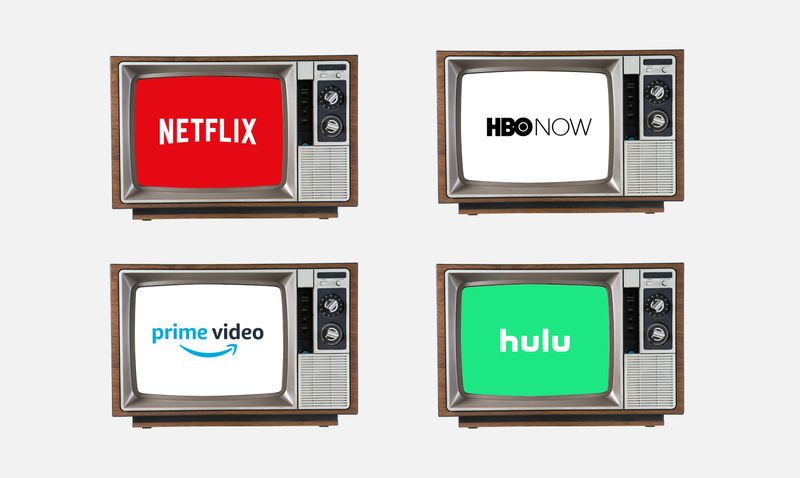
Cable TV is becoming obsolete for millennials who prefer streaming services. With platforms like Netflix, Hulu, and Disney+, they have more control over what and when they watch. The flexibility and cost-effectiveness of streaming make traditional cable unappealing.
Cable contracts often come with high costs and restrictive packages that don’t align with the on-demand lifestyle millennials lead. This generation values choice and affordability, making cable TV subscriptions less attractive. Streaming services offer a personalized viewing experience that aligns with their tech-savvy nature, leading to cable’s decline.
2. Department Store Credit Cards

Millennials are steering clear of department store credit cards due to high interest rates and aggressive marketing tactics. They prefer credit cards that offer better rewards and lower fees.
These cards often come with hidden fees and lack the flexibility millennials desire. Financial literacy is on the rise, and this generation is more cautious about debt. They seek financial products that align with their values and offer genuine benefits, making department store cards less appealing.
3. Diamonds and Traditional Jewelry
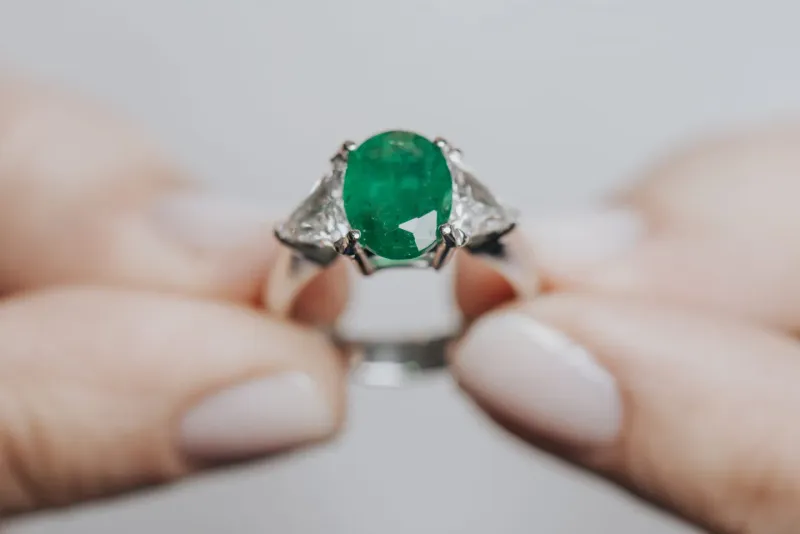
Traditional diamond jewelry is losing its luster among millennials who are gravitating towards ethical and sustainable options. Lab-grown diamonds and alternative stones offer a guilt-free choice.
The high cost and ethical concerns surrounding diamond mining are turn-offs for this environmentally-conscious generation. They prefer unique pieces that reflect their personal style and values. By opting for alternatives, millennials are redefining luxury in a way that aligns with their principles.
4. Fast Fashion
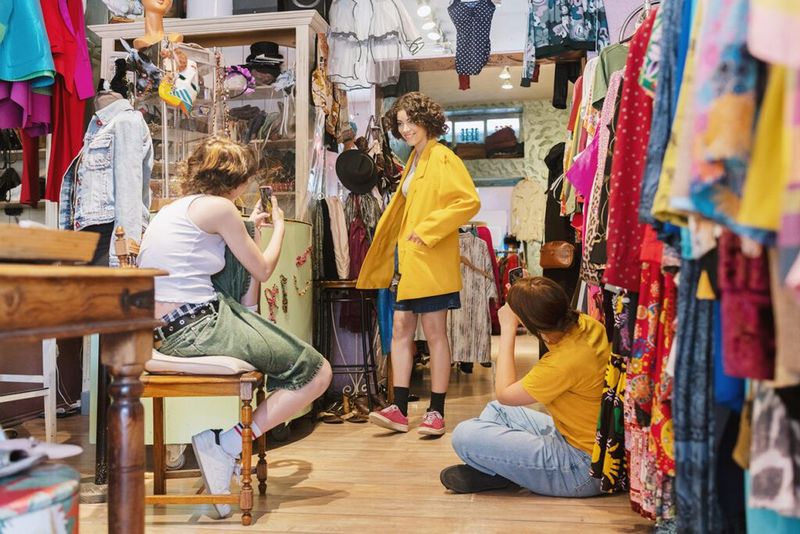
Fast fashion’s appeal is dwindling as millennials become more aware of its environmental impact. They are shifting towards sustainable and ethical brands that prioritize quality over quantity.
This generation values individuality and seeks clothing that lasts longer and tells a story. Fast fashion’s disposable nature clashes with their desire for meaningful consumption. By choosing sustainable options, millennials are making a statement about their commitment to the planet and their unique sense of style.
5. Homeownership

Homeownership is less of a priority for millennials who face economic challenges and value flexibility. Renting provides the freedom to relocate and explore different living situations without the long-term commitment.
This generation is burdened by student debt and fluctuating job markets, making homeownership less attainable. They prefer investing in experiences and personal growth rather than being tied down by a mortgage. Millennials seek financial stability and freedom, making renting a more attractive option for their lifestyle.
6. Luxury Handbags
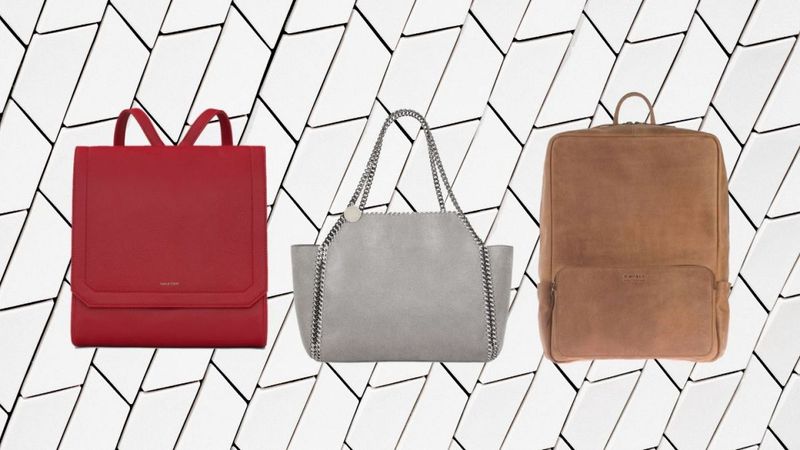
High-end handbags are losing appeal as millennials prioritize practicality and sustainability. They opt for functional and stylish bags that fit their active lifestyles without the luxury price tag.
This generation values experiences over status symbols, and luxury handbags often represent outdated notions of success. Millennials seek products that offer value and align with their ethical standards. By choosing alternative brands, they express their individuality and focus on what truly matters to them.
7. Paper Napkins

Paper napkins are being phased out in favor of reusable cloth alternatives. Millennials are conscious of waste and prefer sustainable options that reduce their environmental footprint.
This shift reflects a broader trend towards eco-friendly living and mindful consumption. By choosing cloth napkins, millennials make a small but impactful statement about their commitment to sustainability. This choice aligns with their values and desire to create a more sustainable future for the planet.
8. Commercial Gym Memberships
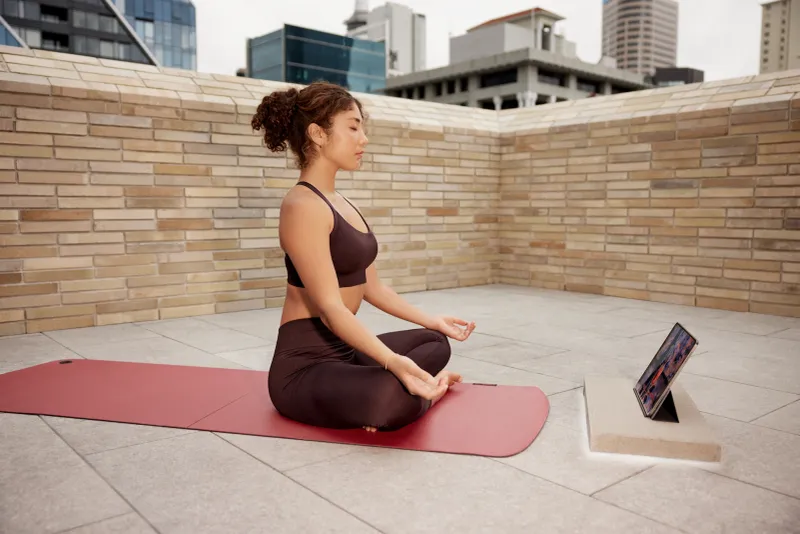
Commercial gym memberships are being replaced by at-home fitness solutions and digital platforms. Millennials embrace the convenience and cost savings of working out at home.
This generation values flexibility and access to a variety of workouts that fit their schedules. Digital fitness offers personalized experiences and the freedom to exercise without the constraints of gym hours. Millennials prioritize health and well-being, making alternative fitness solutions more appealing.
9. Canned Food

Canned food is becoming less popular as millennials gravitate towards fresh and organic options. They prioritize health and are wary of preservatives and additives found in canned goods.
This shift reflects a broader trend towards conscious eating and supporting local farmers. Fresh food offers better nutritional value and taste, aligning with millennials’ health goals. By choosing fresh over canned, they support sustainable agriculture and a healthier lifestyle.
10. Single-use Plastic Products

Single-use plastics are being abandoned in favor of reusable alternatives. Millennials are leading the charge against plastic waste, opting for sustainable products that minimize environmental harm.
This generation is highly aware of the impact of plastic on the planet and seeks to make conscious choices. By using reusable items, millennials demonstrate their commitment to reducing waste and protecting the environment. This change aligns with their values and desire for a cleaner, greener future.
11. Traditional Wedding Ceremonies

Traditional weddings are being reimagined by millennials who prefer unique and personalized celebrations. They opt for smaller, more meaningful ceremonies that reflect their personalities.
This generation values authenticity and seeks to create memorable experiences rather than following conventional norms. By choosing alternative wedding styles, millennials focus on what truly matters: their love and commitment. This trend reflects a broader shift towards individual expression and simplicity.
12. Timeshares

Timeshares are falling out of favor as millennials seek more flexible vacation options. They prefer vacation rentals that offer variety and freedom without long-term commitments.
This generation values experiences and the ability to explore different destinations. Timeshares often come with hidden fees and restrictions that don’t align with millennials’ desire for adventure. By choosing rentals, they enjoy more control over their travel experiences.
13. Processed Meat Products

Processed meats are being replaced by plant-based alternatives as millennials prioritize health and sustainability. They are more conscious of the impact of meat consumption on the environment and their well-being.
This generation seeks nutritious and ethical food choices that align with their values. By choosing plant-based options, millennials support a more sustainable food system and a healthier lifestyle for themselves and future generations.
14. High-End Office Attire

High-end office attire is becoming less relevant as millennials embrace casual work environments. They prefer comfort and personal expression over formal dress codes.
This shift reflects the changing nature of work and the emphasis on work-life balance. Millennials value authenticity and seek to express their individuality in professional settings. By choosing casual office wear, they prioritize comfort and creativity, aligning with modern workplace trends.
15. Magazines and Newspapers

Print media is being replaced by digital news sources among millennials. They prefer the convenience and accessibility of online platforms.
This generation is constantly connected and values real-time information. Traditional magazines and newspapers often struggle to keep up with the fast-paced digital world. By choosing digital media, millennials stay informed and engaged, reflecting their tech-savvy nature and desire for instant knowledge.

Well, hello there!
My name is Jennifer. Besides being an orthodontist, I am a mother to 3 playful boys. In this motherhood journey, I can say I will never know everything. That’s why I always strive to read a lot, and that’s why I started writing about all the smithereens I came across so that you can have everything in one place! Enjoy and stay positive; you’ve got this!

